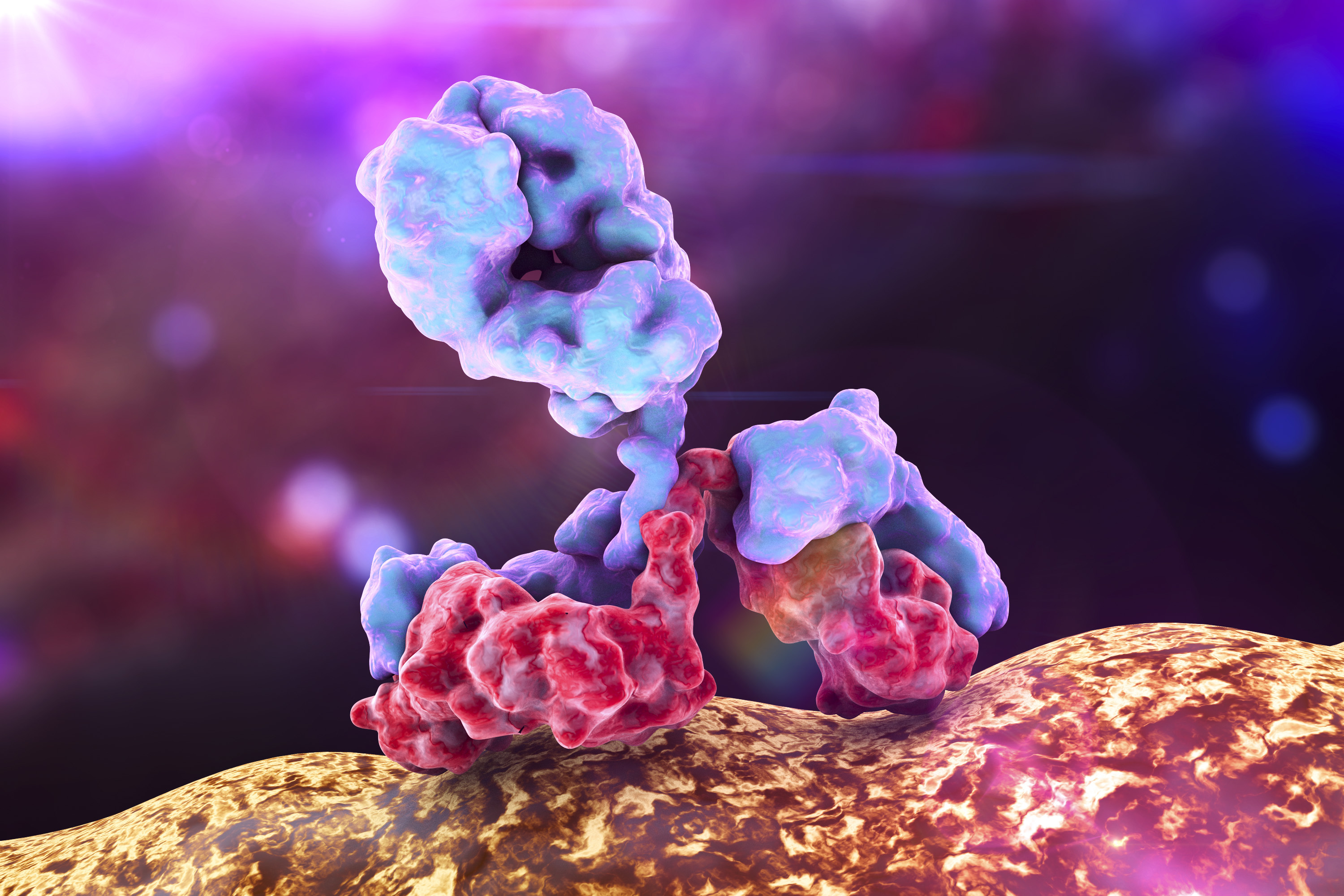Selexis to Equip ImmuNext with Cells Needed for Antibody That May Treat Lupus
Written by |

Selexis recently signed an agreement that grants ImmuNext access to the company’s cell lines in order to advance an antibody being developed to treat systemic lupus erythematosus and other autoimmune conditions.
Geneva-based Selexis focuses on the development of specific mammalian cells, called CHO-K1, which are adapted to growth in suspension. The cell lines which being made available to ImmuNext have been produced using the Selexis SUREtechnology Platform, a platform that enables the fast and cost-effective production of proteins.
CD40L, also referred to as CD154, is a factor present on the surface of immune activated T-cells. CD40L binds to the CD40 found on another type of immune cell, called antigen-presenting cells, setting off complex immune reactions (exact effects depend on the tissue in which the two molecules interact).
“We are pleased to expand our relationship with ImmuNext, which began out of a necessity to rapidly and predictably develop a high productivity cell line that would meet ImmuNext’s demand projections in the event of a successful clinical development and commercial launch of their anti-CD40L antibody,” Yemi Onakunle, PhD, vice president, licensing and business development at Selexis, said in a press release.
ImmuNext recently received a $1.8 million Small Business Innovation and Research award from the National Institutes of Health (NIH) to continue its preclinical development of the anti-CD40L antibody.
“The Selexis team is proud to have played a small role in helping the company to advance its research and secure such an important award,” Onakunle said.
In addition to lupus, the ImmuNext antibody is intended to treat other autoimmune conditions with high unmet medical need, such as inflammatory bowel disease and multiple sclerosis.
ImmuNext is not the only company pursuing CD40L antibodies or antibody fragments as a lupus treatment. Last year, UCB Pharma published results from its first human trial (NCT01093911) of CDP7657 — an anti-CD40L antibody fragment — in lupus patients.
Meanwhile, Bristol-Myers Squibb has developed its own antibody, which is now reportedly in Phase 2 clinical trials. Also, the National Institute of Arthritis and Musculoskeletal and Skin Diseases has completed a Phase 2 study (NCT00001789) of the anti-CD40L antibody BG9588 for the treatment of lupus nephritis.




